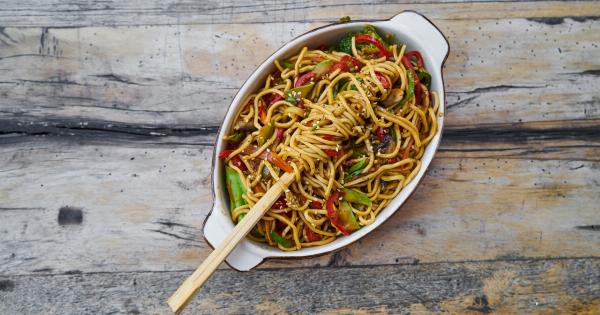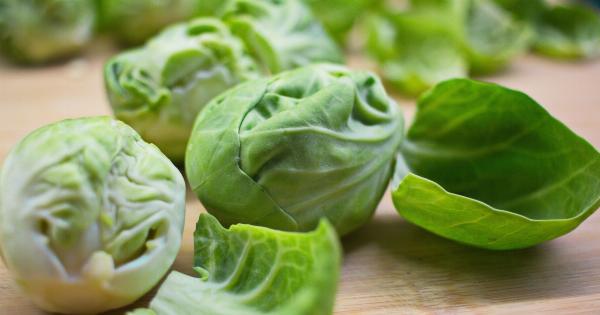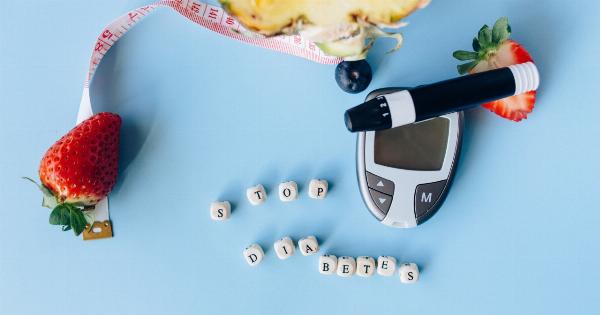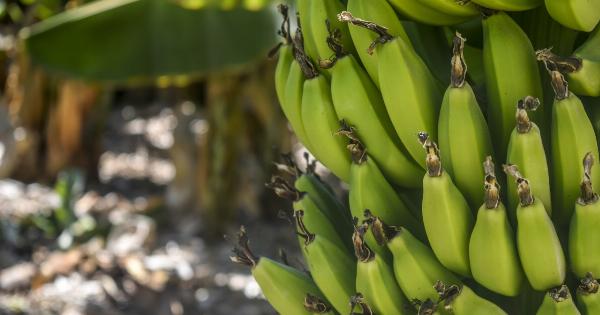We’ve all heard that vegetables are essential for a healthy diet. They’re packed with essential vitamins and minerals that help support our overall health and wellbeing.
But what if some vegetables aren’t as good for us as we thought? What if some types of veggies are actually bad for us?.
In this article, we’ll explore the potential downsides of some popular vegetables and whether they’re really as healthy as we think.
1. Corn
Corn is a staple food in many cultures, but it’s often criticized for being high in carbs and lacking in nutritional value. While corn does contain some vitamins and minerals, it’s not as nutrient-dense as other vegetables like spinach or broccoli.
Additionally, much of the corn available today is genetically modified, which some experts believe could have negative health effects. Some studies have linked GMO consumption to digestive problems, food allergies, and other issues.
All that said, corn can still be a healthy part of your diet in moderation. Fresh, non-GMO corn is a better choice than heavily processed corn products like corn syrup or corn chips.
2. Potatoes
Like corn, potatoes get a bad rap for being high in carbs and low in nutrients. While they do contain some vitamins and minerals, they’re not as nutrient-dense as other vegetables like leafy greens.
And of course, potatoes are often consumed in the form of French fries or potato chips, which are high in fat and calories. These foods can contribute to weight gain and other health problems if consumed in excess.
That said, potatoes can still be a healthy part of your diet if consumed in moderation. Baked or boiled potatoes are a better choice than fried potatoes, and sweet potatoes are a more nutrient-dense option than regular potatoes.
3. Tomatoes
Wait, tomatoes? Aren’t tomatoes supposed to be one of the healthiest vegetables out there?.
While tomatoes do contain many beneficial nutrients, they also contain a substance called solanine, which can be toxic in large quantities.
Solanine is found primarily in the leaves and stems of the tomato plant, but it can also be found in small amounts in the fruit itself.
Don’t worry, though – you’d have to eat a lot of tomatoes to experience any negative effects from solanine. And the benefits of tomatoes – like their high lycopene content – likely outweigh any potential risks.
4. Brussels sprouts
Brussels sprouts are a great source of fiber, vitamin C, and other essential nutrients. But some people avoid them because they can cause gas and bloating.
The truth is, any high-fiber food can cause digestive discomfort if you’re not used to eating it. But over time, your body will become better at breaking down the fiber and you’ll experience fewer negative side effects.
So if you’ve been avoiding Brussels sprouts, give them another try – they’re a great addition to a healthy diet.
5. Carrots
Carrots are another staple vegetable that most of us grew up eating. But are they actually good for us?.
While carrots do contain some beneficial nutrients, they’re also high in sugar. One medium-sized carrot contains about 2.9 grams of sugar, which can add up if you eat a lot of them.
That said, the sugar in carrots is natural and comes packaged with fiber and other beneficial nutrients. And unless you’re consuming carrots in excess, the sugar content is unlikely to cause any negative health effects.
6. Canned vegetables
Canned vegetables can be a convenient and affordable way to get your daily dose of veggies. But are they actually healthy?.
The main downside of canned vegetables is that they often contain high levels of sodium. This can be a problem if you’re trying to limit your sodium intake for health reasons.
Additionally, canned vegetables can sometimes contain added sugars or preservatives, which can negate many of the nutritional benefits of the vegetables themselves.
If you’re going to eat canned vegetables, look for low-sodium options and read the labels carefully to ensure that they don’t contain any harmful additives.
7. Kale
Kale has become a trendy “superfood” in recent years, lauded for its high levels of vitamins and antioxidants. But could this leafy green actually be bad for you?.
Well, it’s true that kale contains high levels of oxalates, which can contribute to kidney stones in some people. However, unless you have a history of kidney stones, the oxalate content in kale is unlikely to cause any negative health effects.
In fact, for most people, the health benefits of kale outweigh any potential risks. Just be sure to eat it in moderation, and consider pairing it with calcium-rich foods to help mitigate the risk of kidney stones.
8. Mushrooms
Mushrooms are low in calories and high in protein and fiber, making them a popular choice for vegetarians and health-conscious eaters. But could these fungi have a downside?.
Well, some people believe that mushrooms can be hard to digest and may contribute to digestive problems like bloating and gas.
That said, most people can tolerate mushrooms just fine. And the benefits – like their high levels of antioxidants and immune-boosting compounds – make them a valuable addition to a healthy diet.
9. Beets
Beets are a great source of vitamins and minerals, and their bright red color is a testament to their high antioxidant content.
But some people avoid beets because they contain high levels of oxalates, which can contribute to kidney stones in some people.
However, like with kale, the oxalate content in beets is unlikely to cause negative health effects unless you have a history of kidney stones.
That said, if you’re concerned about the oxalate content in beets, you can still enjoy this vegetable in moderation.
Cooking beets can help reduce their oxalate content, and pairing them with calcium-rich foods can help mitigate the risk of kidney stones.
10. Peas
Peas are a versatile and nutritious vegetable, packed with fiber, protein, and important vitamins and minerals. But some people worry that their high carbohydrate content could lead to weight gain or other health problems.
In reality, the carbs in peas are complex carbohydrates, which are broken down more slowly by the body than simple carbohydrates like sugar. This means that peas can actually be a great choice for managing blood sugar and promoting satiety.
That said, if you’re watching your carbohydrate intake for health reasons, you should still monitor your pea consumption and eat them in moderation.
Conclusion
So, are these vegetables actually bad for you? The answer, as with most things in nutrition, is “it depends.” While some vegetables do have potential downsides, most of them can still be a healthy part of your diet when consumed in moderation.
As with any food, it’s important to pay attention to your body’s individual reactions and consume vegetables in the way that best supports your own health and wellbeing.



























